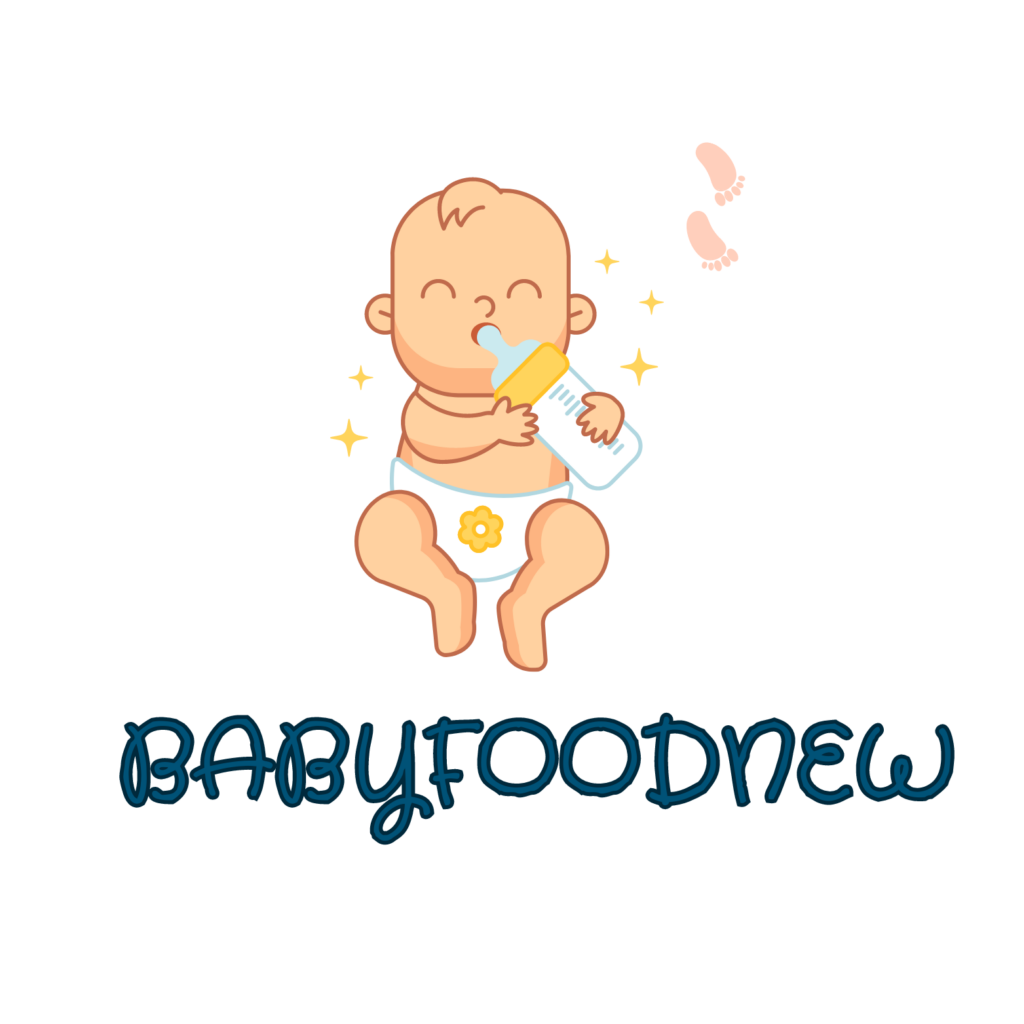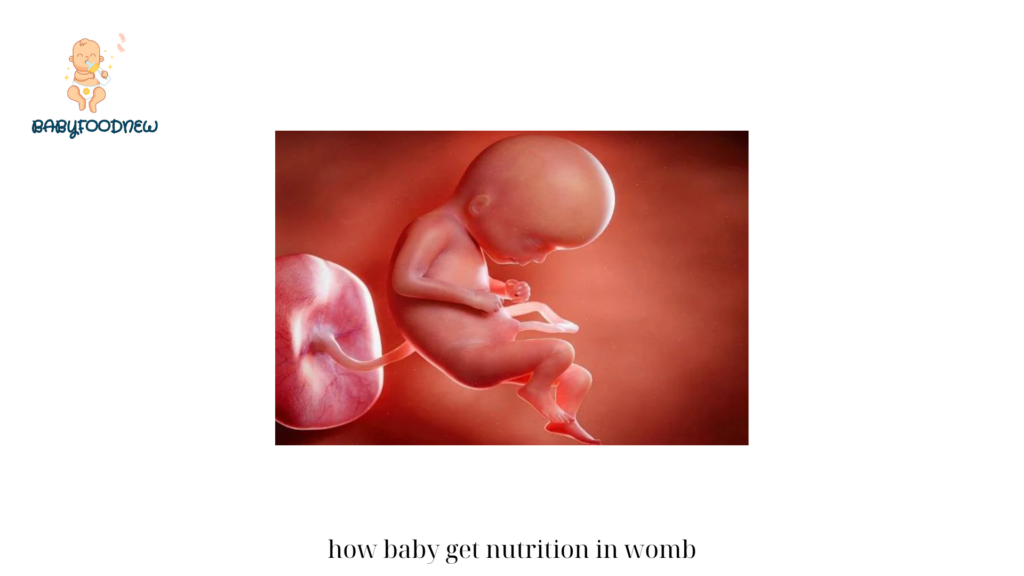Table of Contents
TogglePassword Generator
The journey of nurturing a new life begins long before a baby takes their first breath. During pregnancy, the developing baby relies entirely on the mother for sustenance and nourishment. But have you ever wondered how exactly the baby receives how baby get nutrition in womb? In this article, Babyfoodnew will explore the fascinating process by which a growing fetus obtains the vital nutrients it needs to thrive. From the placenta to the umbilical cord, let's delve into the intricate mechanisms that support the baby's nutrition in the womb.
How Baby Get Nutrition in Womb? Exploring the Fact of Baby Life
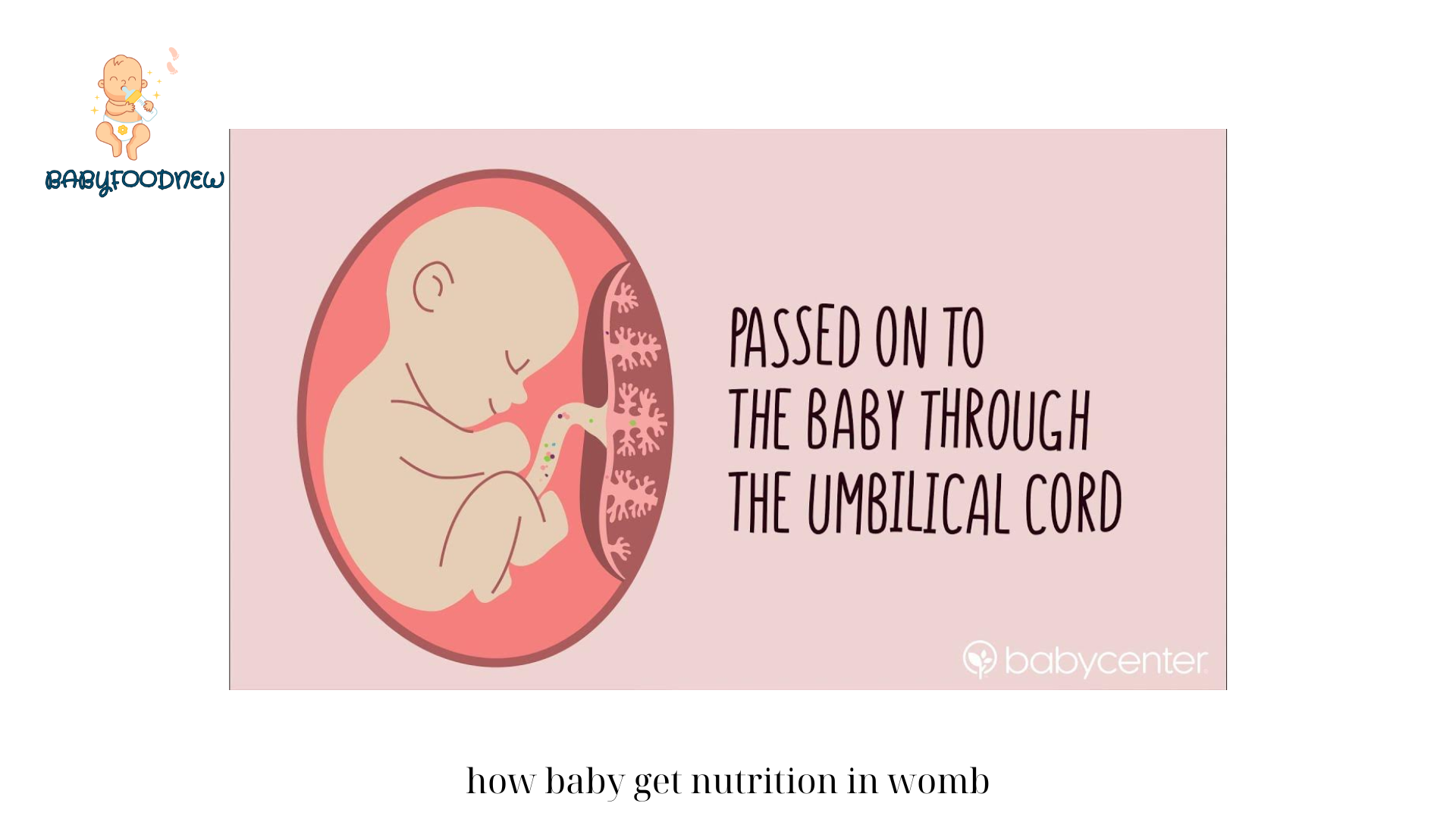
- The Placenta:
The placenta, often referred to how baby get nutrition in womb the lifeline between mother and baby, plays a crucial role in providing nutrition to the developing fetus. It is an organ that develops during pregnancy, attached to the uterine wall. The placenta acts as a filter and a conduit, facilitating the transfer of essential nutrients from the mother's blood to the baby. - Nutrient Transfer:
The how baby get nutrition in womb from the mother to the baby occurs through the placenta via a process called diffusion. This means that nutrients pass through the walls of the mother's blood vessels in the placenta and into the baby's bloodstream. Oxygen, proteins, carbohydrates, fats, vitamins, and minerals are among the essential nutrients that are transferred to support the baby's growth and development. - Oxygen:
One of the most critical how baby get nutrition in womb for the developing baby is oxygen. Oxygen is carried by the mother's red blood cells and transported through the placenta to the baby's bloodstream. It is essential for the baby's cells to produce energy and support the growth of organs and tissues. - Carbohydrates:
Carbohydrates are a primary how baby get nutrition in womb of energy for both the mother and the baby. During digestion, carbohydrates from the mother's diet are broken down into glucose, which passes through the placenta to the baby. Glucose is crucial for the baby's brain development and overall growth. - Proteins:
Proteins are the building blocks of life, and they play a vital role in the development of the baby's organs, muscles, and tissues. The mother's diet provides the necessary proteins, which are broken down into amino acids and transported to the baby through the placenta. - Fats:
Fats are essential for the how baby get nutrition in womb of the baby's brain and nervous system. The mother's intake of healthy fats, such as omega-3 fatty acids, is crucial for the baby's cognitive development. These fats are transferred to the baby through the placenta and are utilized to support the growth of the baby's brain and other vital organs.
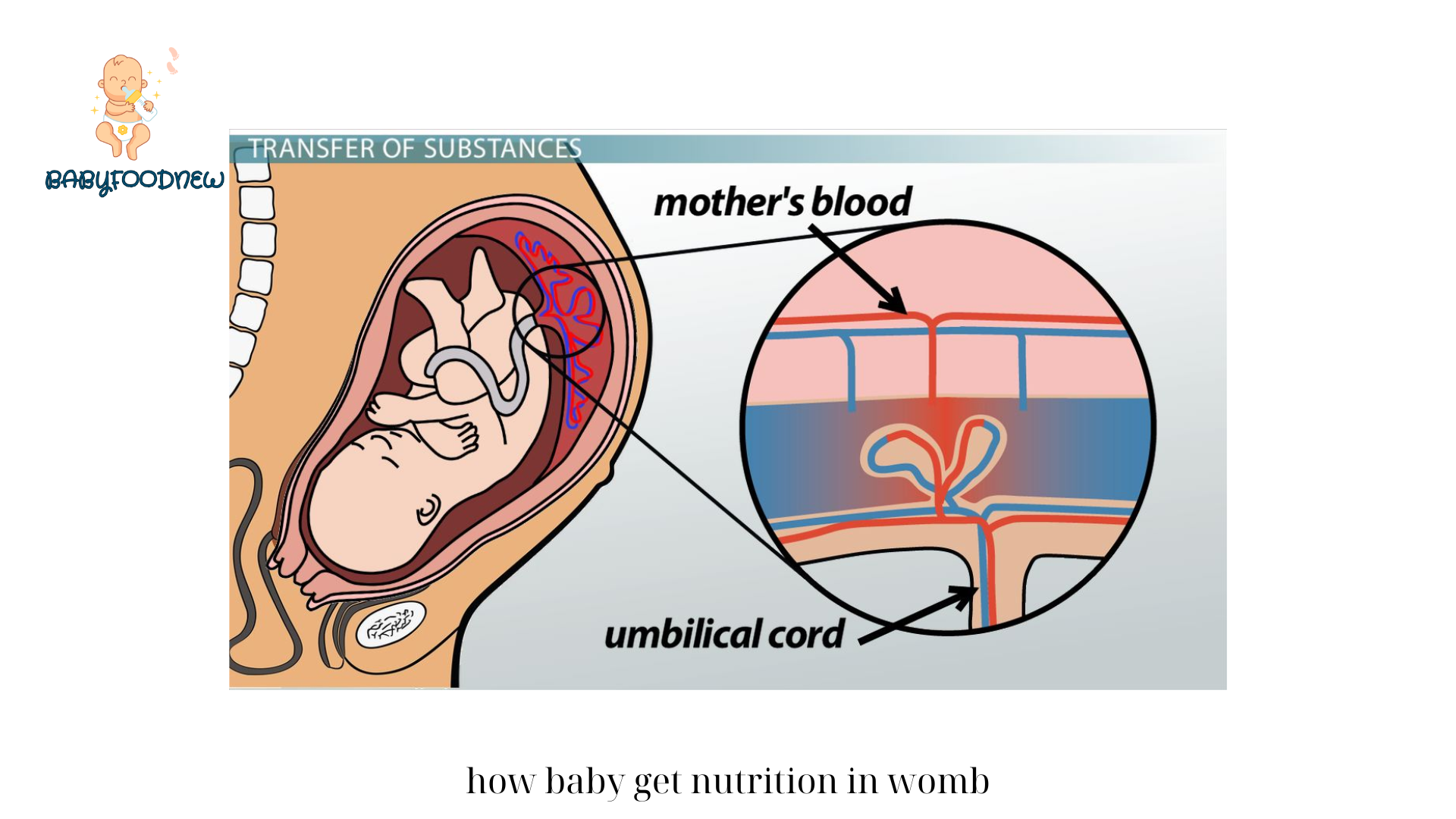
- Vitamins and Minerals:
Vitamins and minerals are micronutrients that are essential for the baby's overall health and development. The mother's diet should include a variety of fruits, vegetables, whole grains, and lean proteins to ensure an adequate intake of these nutrients. Vitamins such as folic acid, iron, calcium, and vitamin D are crucial for the baby's growth and the formation of bones, blood cells, and the immune system. - Waste Removal:
In addition to providing nutrition, the how baby get nutrition in womb also plays a vital role in removing waste products from the baby's bloodstream. Metabolic waste, such as carbon dioxide and urea, is transferred from the baby to the mother's blood through the placenta. The mother's body then eliminates these waste products on behalf of the developing baby. - The Umbilical Cord:
The umbilical cord serves as a physical connection between the baby and the placenta. It contains blood vessels that carry oxygen and nutrient-rich blood from the placenta to the baby and transport waste products back to the placenta for elimination. The umbilical cord is a lifeline that ensures a constant supply of nourishment for the developing baby. - Maternal Health and Nutrition:
The mother's health and how baby get nutrition in womb directly impact the quality and availability of nutrients for the baby. It is crucial for expectant mothers to maintain a balanced and nutritious diet, stay hydrated, and follow their healthcare provider's recommendations for prenatal supplements. Adequate maternal nutrition contributes to the healthy development of the placenta, ensuring an optimal environment for the baby's growth.
Conclusion:
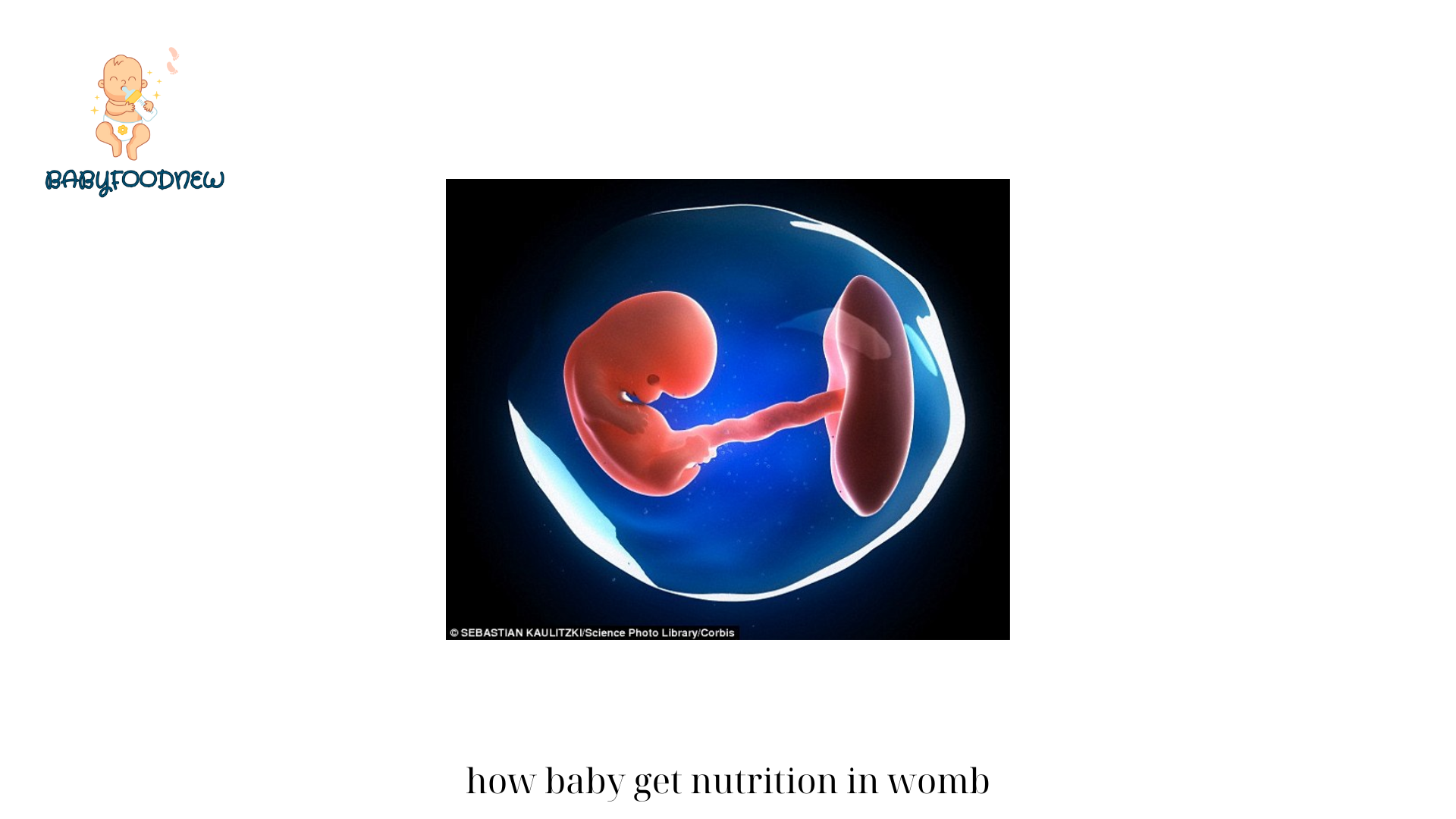
The process by which a baby receives nutrition in the womb is a marvel of nature. Through the intricate network of the placenta, the baby is supplied with all the vital nutrients required for growth and development. From oxygen to carbohydrates, proteins to vitamins, the mother's diet and overall health directly impact the how baby get nutrition in womb. Understanding the mechanisms involved in this remarkable process emphasizes the importance of proper prenatal care and a healthy lifestyle. By nurturing their own well-being, mothers provide the best possible start in life for their precious babies.
Related Posts:
- How to Make Avocado Baby Food: A Nutrient-Rich…
- Pumpkin Baby Food: Nutritious and Delicious Options…
- Avocado Baby Nutrition: Discover the Power of this Superfood
- Can You Take Baby Food on a Plane: Guidelines and…
- What to Do with Baby Food Jars: Creative Ways to…
- Best Books on Baby Nutrition: A Comprehensive Guide…
